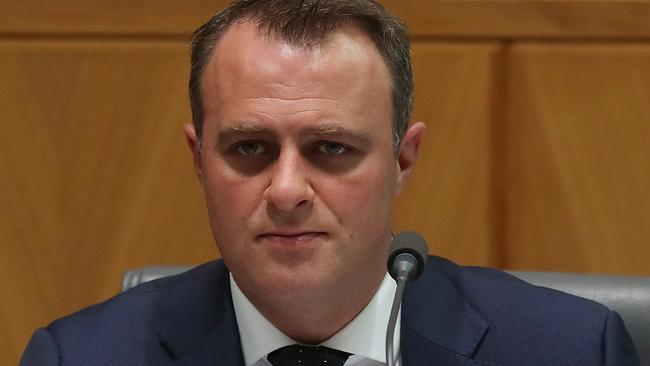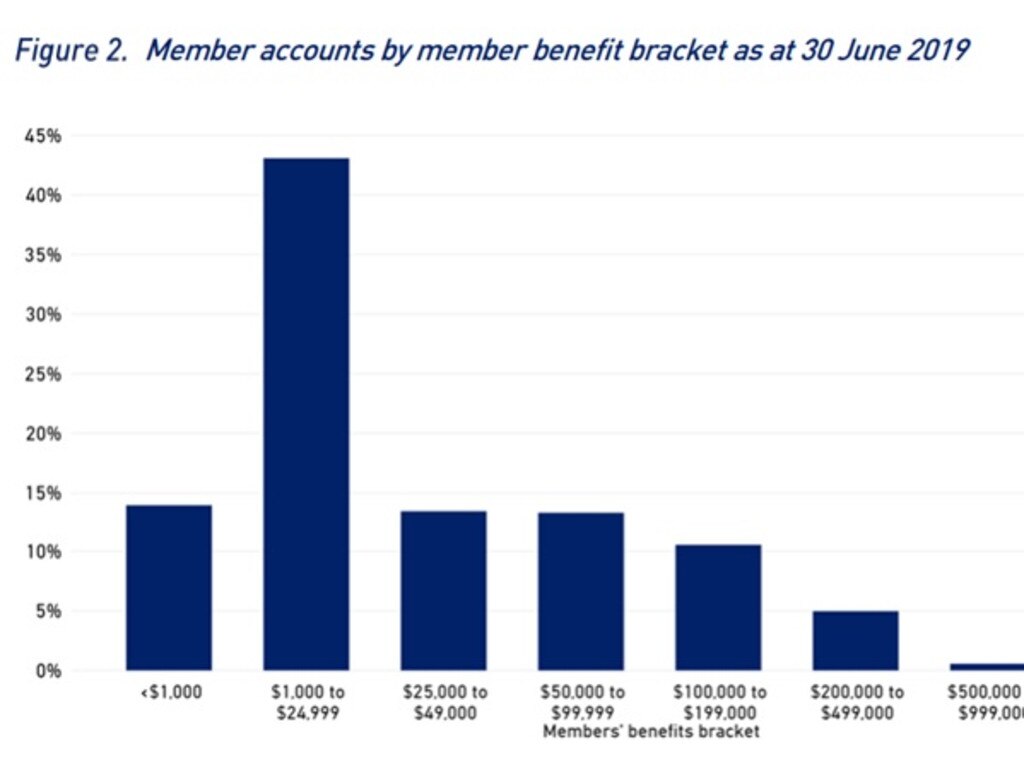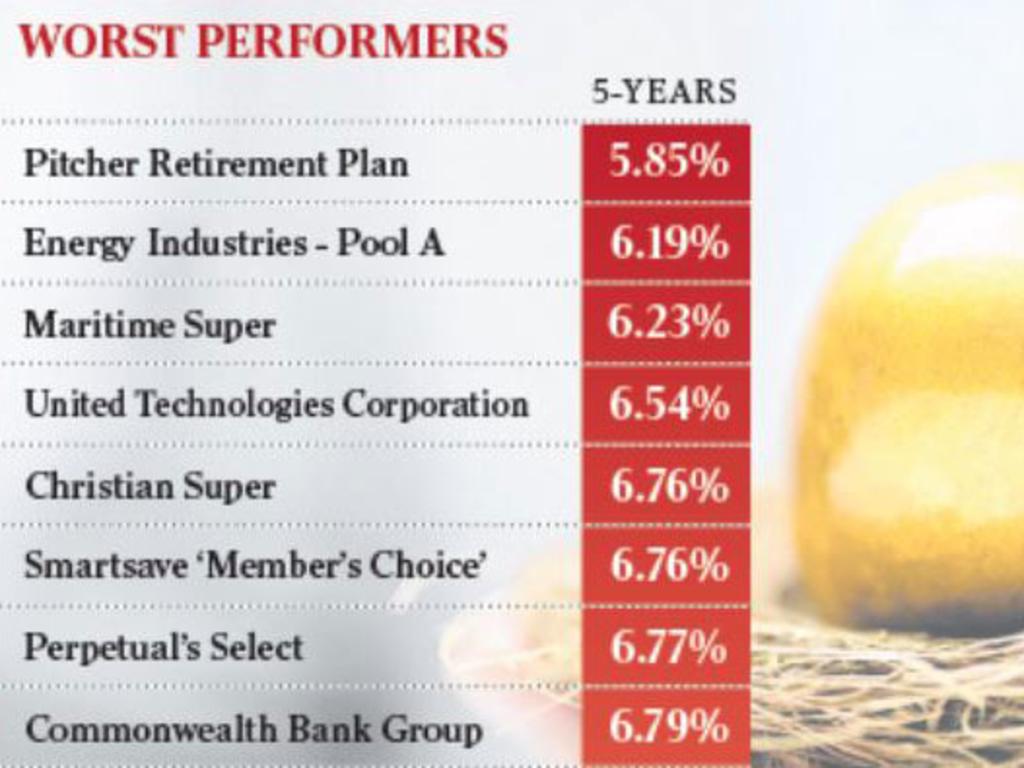ATO to stop big funds milking ‘lost’ super
Big super funds will be forced to hand over ‘lost super’ to the tax office from next year.

Big super funds will be forced to hand over “lost super” to the tax office from next year under tough new rules aimed at accelerating a clean-up across the super industry which has continued to collect fees despite efforts to shut down so-called inactive accounts.
Having more than one superannuation account imposes unnecessary extra fees on salary earners and is widely seen as financially wasteful, yet one third of all super accounts are classed as multiple accounts stemming from workers switching jobs.
Despite recent legislation which placed the Australian Taxation Office at the centre of efforts to consolidate “lost super”, The Australian last month revealed 10 industry superannuation funds shifted their lost super accounts, worth at least $800m, into a related fund to avoid handing over the cash to the ATO.
It is estimated that money belonging to about half a million workers was put into an eligible rollover fund, called ERF. AustralianSuper, the biggest of the industry funds, transferred 276,000 member accounts to AUSfund — an umbrella fund for union-linked industry funds.
In turn AUSFund charges an annual administration fee of $11.50 per account.
Testimony provided to a recent parliamentary committee revealed that one ERF almost tripled in size over 12 months from $500m to $1.4bn.
The new laws introduced by the Morrison government set tight deadlines for big funds to hand over all “inactive” funds to the tax office through a three-step program.
First, funds will be able to voluntarily hand over money to the ATO; second, all funds of less than $6000 must be handed over by June 2020; and finally, all residual unmatched funds left in the super system must be handed over by June 2021.
An inactive account is defined as having no contribution for 16 months and less than $6000.
The government says the ATO has already reunited as much super to individuals in two weeks as AUSfund managed over two decades.
Liberal MP Tim Wilson, who chairs the House of Representatives Economics Committee, cast doubt on the actions of big funds, saying: “By handballing the accounts to AUSfund they (industry funds) reactivate low-balance inactive accounts to be charged fees for an extended period when the ATO would be doing it for free.”
Ian Silk, the chief executive of Australian Super, has denied AUSfund — which has returned 8 per cent in the most recent period — was seeking to hold on to any accounts.
Until now the super system depended on an individual finding their own money by tracking down what a fund might be holding that was attributable to them. An examination by the Productivity Commission found that ERFs transferred only 15 per cent of their accounts despite 84 per cent of accounts having an associated tax file number.
According to the PC, multiple super accounts are costing Australian workers more than $2.6bn a year in unnecessary fees. In turn it has been estimated this inefficiency leaves a typical worker worse off by $51,000 at retirement — the estimates are highly relevant because younger workers have the most to lose with lost super.
It is estimated the ATO has received more than 2.3 million inactive low-balance funds valued at more than $2.2bn since the first batch of legislation was passed in March this year.
The move comes in the same week that the Australian Prudential Regulation Authority released a comparison report for MySuper products which allows workers to check which funds are the best and worst-performing across the sector.








To join the conversation, please log in. Don't have an account? Register
Join the conversation, you are commenting as Logout